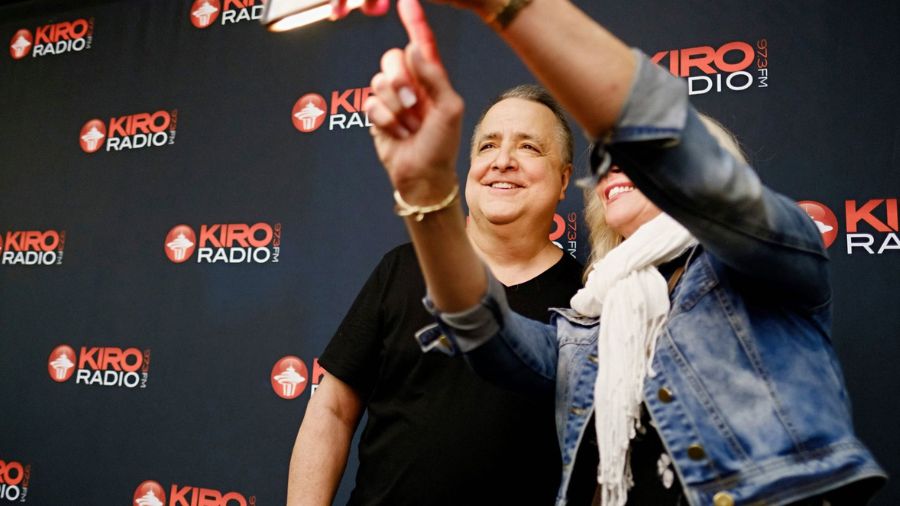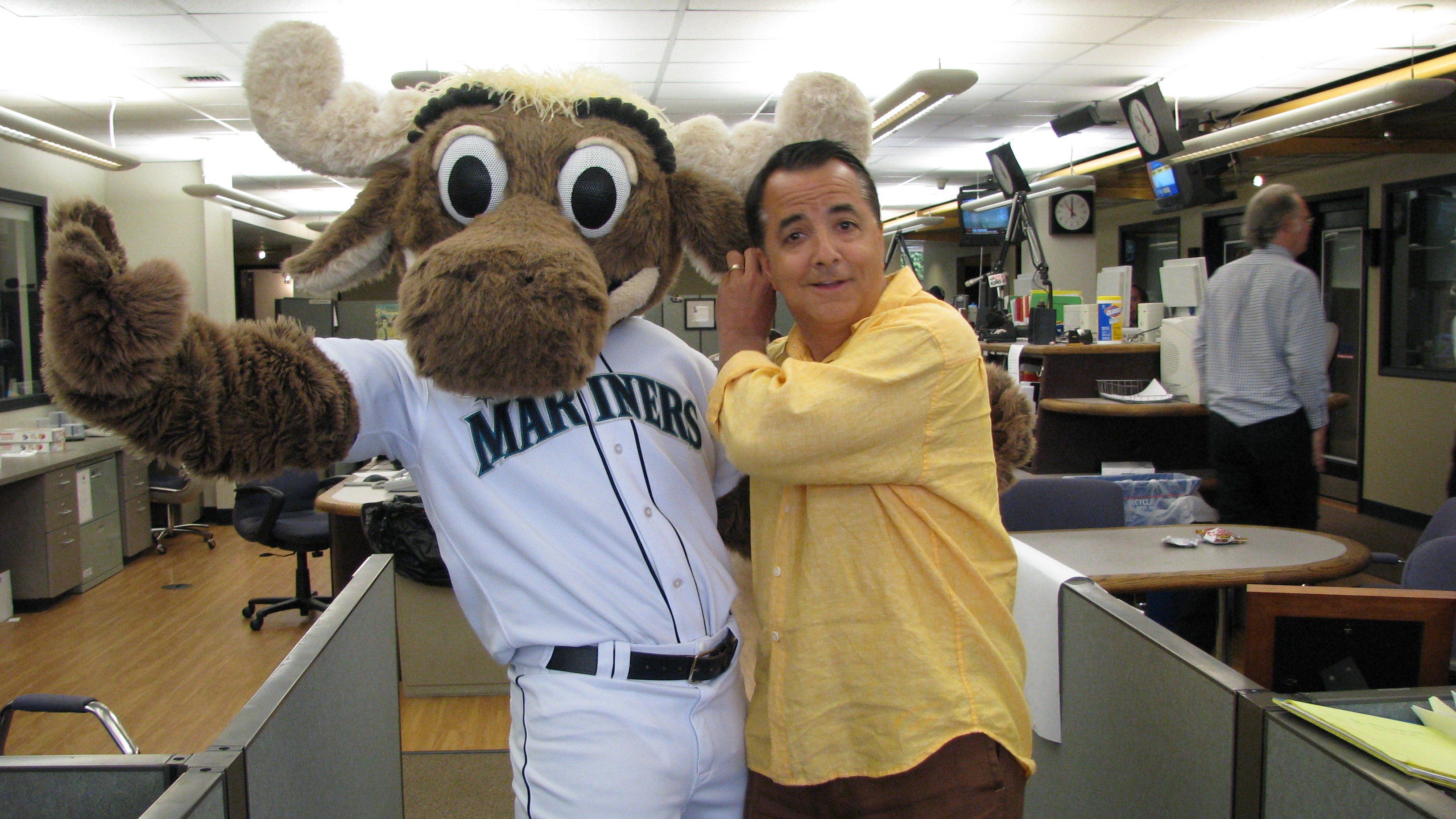Could pay-per-mile lead to the state automating speeding tickets?
Apr 4, 2018, 4:26 PM | Updated: Apr 5, 2018, 5:22 pm
The state government spying on you in the car, keeping record of every time you go a mile over the speed limit — it may sound like an Orwellian novel, but according to Washington Policy Center writer Mariya Frost, this scenario could become reality.
RELATED: Dori has a mole inside Washington’s pay-per-mile pilot
The Washington State Transportation Commission’s road usage pilot project has used GPS tracking inside people’s cars to measure how many miles each driver travels. Frost spoke to KIRO Radio’s Dori Monson about her two weeks with the road usage pilot tracker in her own car.
She said that over the two weeks, not only was her mileage tracked, but her driving itself was scored. The score was based on braking, accelerating, speeding and going around corners. Frost was able to see exactly where and when she had gone over the speed limit, and for how long. The results shocked her.
“I had 176 potential speeding violations … and that amounts to $20,240, in theory,” she said.
Frost said that if the state decided to use the system to issue citations, it would hurt careful drivers far more than reckless ones. She explained that because each specific instance of speeding is tracked, a person who consistently speeds for an entire drive would be charged less than a driver who occasionally goes a couple of miles over the speed limit, then slows back down.
“Let’s say you fluctuate between 58 to 68 miles an hour … you could accrue many violations in a single trip because of that fluctuation,” she said.
Road usage pilot information
Dori said that he didn’t have much confidence that the state would keep its hands off of this speed data.
“I think you’d have to be awfully naive to take them at face value when they say, ‘Yeah, we would never do that, try to have automated speeding tickets in this state,’ because money is everything to our politicians,” he said.
It is forbidden for the state to share the personal data, for now. Frost said the current policy is that “lawmakers would have to decide if and how the data could be used.”
“The fact that it is even open for debate is alarming,” Frost said.
“It opens the door for policymakers to start rethinking, ‘What are our policy objectives for transportation?’ … That’s a door that a lot of folks would like to not ever have government open,” she continued.
The official idea behind the road usage pilot is to look at switching from a gas tax to a road usage tax. Frost is not so sure one tax would actually be traded for the other.
“Although lawmakers are promoting this as a replacement for the fuel tax, we believe and have serious concerns that this would actually not be a replacement at all, but another source of revenue to fund public transit projects in Washington state,” she said. “And therefore, I have been calling it a mileage tax, which I think is a more accurate representation of what this would actually be if it were to become policy.”
Washington Transportation Commission responds
Reema Griffith, executive director of the Washington Transportation Commission, responded to Frost’s statements. She says that the state will not obtain any information on how safely people drive.
“We’re not collecting any of that data,” she said.
Griffith explained that the WTC contracted with a third-party vendor to collect the information in the road usage pilot project. People had the option to decide if they wanted their driving to be scored as part of an option called “value-added services.”
If the state does begin using GPS tracking in everyone’s cars, Griffith said that the driver-scoring would likely once again be an extra option that people could elect to have.
“It could very easily be recommended that if the state wants to do anything like this, they need to make sure they’re offering a ‘light label option,’ for people that don’t want any value-added services … Our point is, it’s not a one-size fits all approach if we’re going to contemplate something,” she said.
“The public must be part of this discussion if it goes to the Legislature,” she added.
Dori asked if it was possible that the state could begin issuing automated speeding tickets in the future.
“I suppose anything is possible, but I’d say it’s not likely,” Griffith responded.














